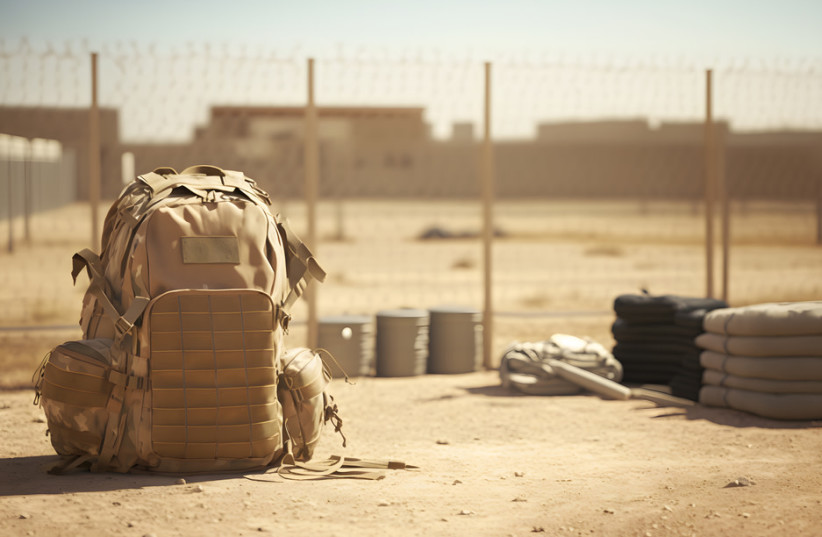The recent decline in the intensity of the IDF operation against Hamas in the Gaza Strip has raised questions about the IDF's commitment. The notable decrease in airstrikes and artillery fire, indicated by fewer explosions, suggests a reduction in offensive actions.
Instead, IDF soldiers are focusing on clearing the areas under their control and dismantling military infrastructure, although their activities are limited. This is especially true in the Al-Shati refugee camp in Gaza City. Security sources have revealed that any decision to expand the IDF's ground operation in Gaza, or to shift focus to Hezbollah in Lebanon, requires approval from higher political authorities.
IDF refuted claims of wider offensive against Hezbollah
The office of Defense Minister Yoav Gallant has neither confirmed nor denied support for an escalated attack on Hezbollah in Lebanon. They have stated that their actions are in line with the cabinet's decisions, underscoring the ongoing operations in Gaza. In contrast, the IDF has refuted claims of advocating for a wider offensive against Hezbollah.

Senior officials have emphasized that their current primary focus is on the Gaza Strip. However, they also recognize the importance of securing the region to facilitate the safe return of residents to settlements near the Lebanese border and nearby areas.
The IDF's apparent lack of momentum in achieving its war objectives in Gaza has created a sense of uncertainty. This situation could potentially put their forces at risk, as a large, static military presence is more vulnerable to attacks by terrorist groups. This underscores the importance of a decisive and proactive military strategy.
The Jerusalem Post and OneFamily are working together to help support the victims of the Hamas massacre and the soldiers of Israel who have been drafted to ensure that it never happens again.
